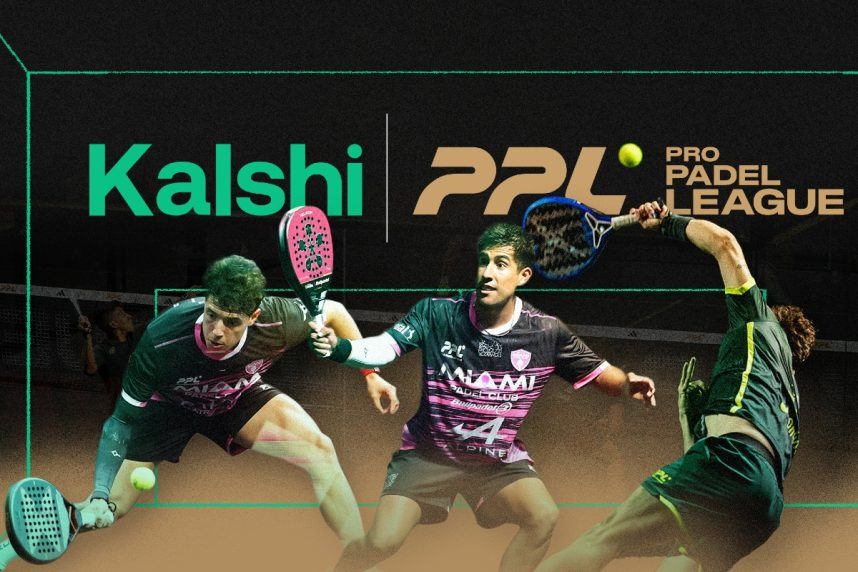The sports betting boom has triggered a wave of integration projects, but operators still rank onboarding a new sportsbook provider among their most challenging technical tasks. Connecting a sportsbook touches multiple teams simultaneously – product, trading, payments, compliance and engineering – so delays cascade and downtime becomes expensive. Every additional week puts revenue at risk and delays market entry.
APIs and modern sportsbook iFrame solutions should make this easy. They power the modern sportsbook: data in, odds out, payments settled, players segmented, risk managed. The technology is well understood; the reality of integration is not.
The integration reality: when speed claims meet market truth
The integration market presents a complex landscape where vendor capabilities vary dramatically. While some providers consistently deliver on ambitious timeline promises – completing iFrame integrations within a week and Odds Feed API integrations within a month – others routinely miss deadlines by months or even years.
The disconnect often lies in the definition of scope. When a betting software provider promises a fast integration, what exactly does that include? The technical connection itself may indeed take hours, but successful deployment requires several additional layers:
- risk management configuration
- performance optimisation under load conditions
- fault-tolerant design
- full integration testing
- theme and/or layout customisations
Where integration projects break down
Analysis of failed and delayed integration projects reveals several consistent patterns that operators and platform providers can learn to identify and mitigate.
A frequent source of late-stage churn is undocumented, operator-specific logic (bespoke settlement rules, VIP handling nuances or technical limitations). When this ‘hidden’ behaviour surfaces mid-build, it forces reworks across key blocks, stretching timelines and introducing financial risk through scope creep and missed go-live targets. The cure is early exposure: make non-standard flows explicit during discovery to speed up integration.
Different jurisdictions impose varying requirements on data handling, betting restrictions and compliance reporting. Regulators like Spain’s DGOJ present additional complexity by forbidding betting markets on teams with a majority of underage players – a regulation that significantly impacts esports offerings where younger professional players are commonplace. These jurisdiction-specific requirements demand flexible platform capabilities.
The type of integration also has a significant impact on project duration and complexity. Full solution integrations (like single page application – iFrame) typically proceed more smoothly than feed-only integrations, which require additional coordination and extended development cycles. Understanding the integration scope is critical for project success, yet this is where most delays originate.
Integration timelines can be significantly impacted when operators or platforms request custom product development tailored to their specific needs. These solutions require additional development resources and extended testing phases, often becoming a primary factor in project delays.
Close collaboration with providers from project inception ensures aligned expectations, eliminates costly surprises and enables selection of the most effective integration pathway for each operator’s unique requirements.
Which integration strategy suits your business
The fundamental choice between sportsbook iFrame and API-first integrations should be driven by long-term business strategy. This decision shapes immediate operational capabilities and future scalability, competitive positioning and revenue optimisation potential.
Embedded solutions: sportsbook iFrame
Firstly, iFrame-style integrations are the quickest route to market. They’re a practical fit for operators adding sports betting alongside an existing casino stack. Crucially, this deployment exposes the provider’s entire current product from day one – markets, widgets and more – so you launch with the full feature set the solution already supports. One way teams mitigate this is by using dynamic theming and layout configuration so the sportsbook can align with promotional periods or seasonal campaigns without extra development.
DATA.BET, as one example, supports this pattern. The point, however, is the capability of customisation itself. Casino operators can benefit from a single page application (iFrame) that can be integrated within one week and re-configured quickly without engineering cycles.
API integration
API integrations require significant technical investment and longer development cycles but provide maximum operational flexibility. API integration is aimed at providers with their own betting platform that want maximum flexibility for building their betting infrastructure. Focused on an odds feed accompanied by risk management to optimise margin control and exposure limiting, the framework allows for the quick addition of different engagement tools (such as DATA.BET’s widgets, video streaming and bet builder) without requiring complete redevelopment.
How operators de-risk sportsbook integrations
Successful integration projects share several characteristics that operators can adopt to improve their own implementation outcomes, with some providers demonstrating how these principles translate into consistent delivery.
The most successful projects begin with thoughtful planning that takes into account team capabilities, available resources and potential edge cases early in the process. Operators that invest time upfront to align expectations, map responsibilities and surface non-standard scenarios typically experience smoother implementations with fewer scope adjustments mid-project.
DATA.BET exemplifies this collaborative approach through dedicated technical teams that work directly alongside operator development teams throughout the integration process. This early alignment helps prevent the operational friction that often emerges after technical integration is complete.
Rather than attempting full-market launches, successful operators often begin with limited markets and sports offerings and gradually expand the coverage as operational processes mature. This approach allows operators to master risk management, customer behaviour patterns and operational workflows within controlled parameters before scaling to broader markets.
For example, DATA.BET’s comprehensive betting coverage enables operators to start with one vertical and then easily expand to more. This market-focused strategy minimises exposure while operators refine their trading capabilities, customer acquisition processes and risk management protocols, providing a foundation for sustainable growth rather than overwhelming launch
Responsible solution providers offer structured pre-go-live testing to ensure everything goes smoothly before launch. This typically includes running end-to-end scenarios in a sandbox, validating core flows and confirming configs per market.
Wrapping up
Sportsbook integration isn’t a sprint to a single endpoint; it’s a sequence of controlled wins: clean data mapping, risk calibrated to your book and compliance that scales with you. If you need fast integration to validate your ideas, choose a reconfigurable sportsbook iFrame. It just works out of the box, letting you delegate thousands of engineering hours to the provider while still matching your brand. If the sportsbook is core to your P&L and you already operate your own platform, then going live with the API is right up your street to maximise control and differentiation. Integrations rarely fail due to code; they fail due to clarity. Pick the right model for your goals and lock scope early.

Eugene Ocheredko is an integration architect at DATA.BET with more than seven years of software development experience and five years in the betting industry.
He leads a cross-functional B2B integration team, guiding partners through the entire integration journey from the onboarding call to go-live, and providing continuous technical support.
Ocheredko’s team is responsible for the public API, documentation and integration guidelines, ensuring a smooth and consistent partner experience.
The post The hidden complexities behind sportsbook integration first appeared on EGR Intel.

.png) 2 hours ago
5
2 hours ago
5
















